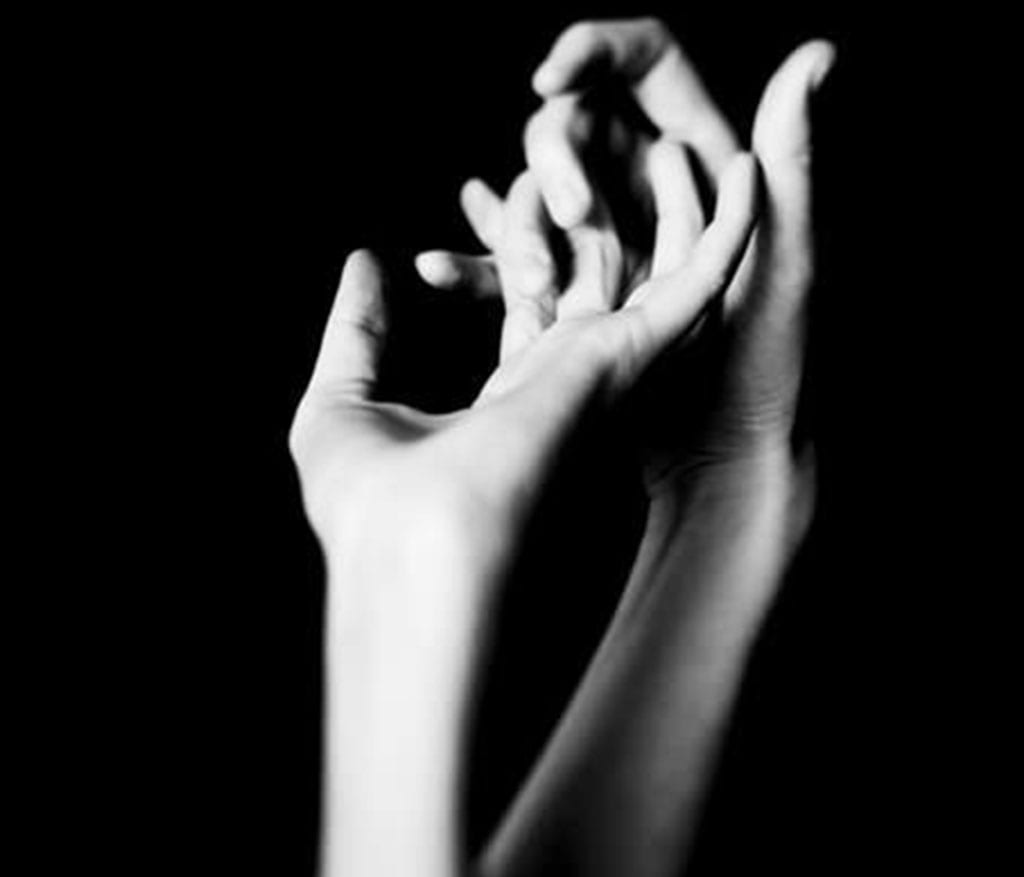Puccini’s tear-jerker masterpiece seems to hold a special appeal for companies who aim to present old classics in stripped down and modernised form. But ‘La Boheme’ is more of a challenge than is often realised. Even the big favourites – the sublime love duet in Act 1 and Musetta’s song in Act 2 – present enormous challenges to young singers whose technique is still developing. This Arcola production has many merits – not least a sharp new translation and a clever musical arrangement for ten instruments – but it doesn’t quite match up to the challenge as far as the singing is concerned.
The action is moved from nineteenth century Paris to contemporary London and the four students live in a scruffy rented flat with guitars and loudspeakers cluttering up the place. Their disreputable landlord tries to extract rent arrears from them despite the fact that the heating isn’t working – they clearly have sympathy with the Occupy movement. All these details ring true but the rather innocent love story as Rodolfo fancies, and then falls for, his frail neighbour Mimi doesn’t fit 2015 quite so well. And the inevitable tragic denouement – which seems all too likely in 1830s Paris – just doesn’t ring true in modern London.
The best part of this production is Act 3, where the music and the drama combine to produce moments of wrenching sadness and where the fine acting is not undermined by missed notes. But even here a great idea – that Musetta is learning to be a pole dancer – is dropped before it clicks.
The one singer who shines in this production is Heather Caddick who sings Mimi with real musicality and captures the fragile power of the doomed girl in a gripping way. Her contribution to the Act 1 love duet is of the highest quality. In Act 3 her Rodolfo, James Scarlett, matches her and they produce a duet of poignant beauty where the music and the acting really support each other. But there are moments in the first act where Scarlett is not secure in Rodolfo’s challenging high notes, though his acting – and that of his fellow students – portrays very well the rough and tumble of the Bohemian life. Danae Eleni offers a convincingly sexy Musetta but has similar problems with some of the more demanding music in Act 2.
The ten piece orchestra manages to sound a lot more than the sum of its parts and Nick Fletcher handles the cramped conditions and the strange positioning of his players with apparent ease. However, while the orchestra sounds good, it is not always possible to hear the words clearly, a big drawback for a small scale production.
For all my reservations, the power of Puccini’s music is not undermined by the musical flaws and the Grimeborn audience – not a tuxedo or a gown in sight – was clearly very moved by the dramatic final moments of the opera. An inventive production with real dramatic force.

